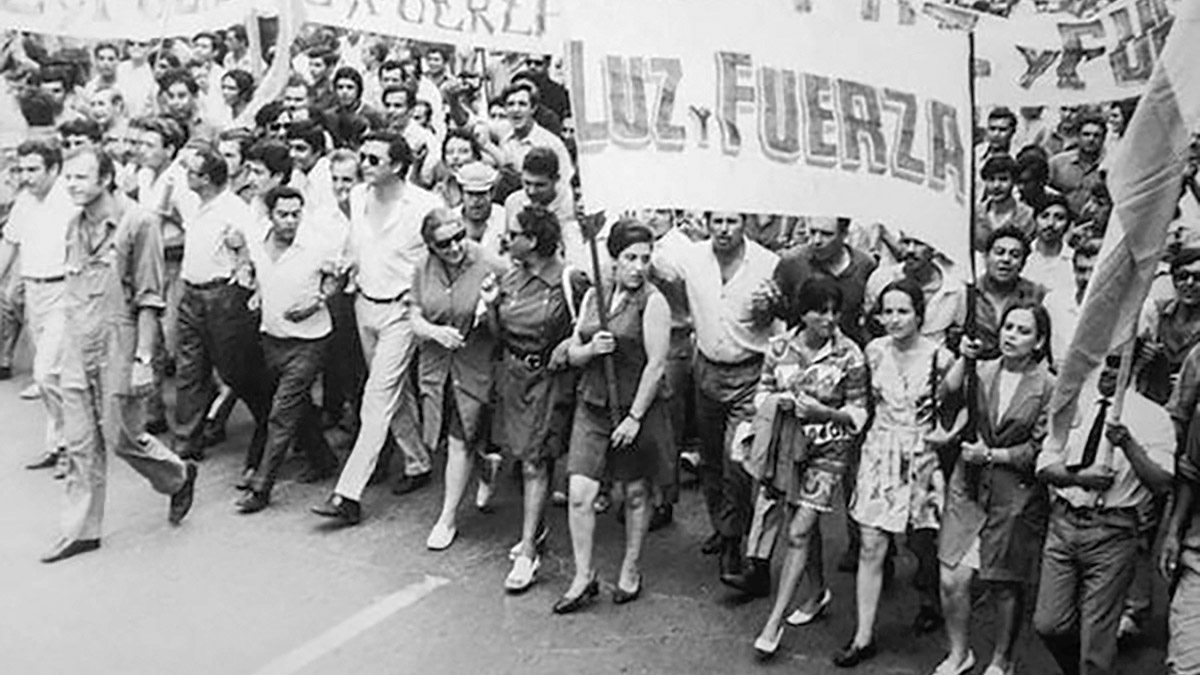Génesis del debate latinoamericano sobre Políticas de Comunicación en los ´70.
Derivas y regresiones contemporáneas. Del NOMIC a la CMSI.
Resumen
Las políticas de comunicación en tanto lineamientos estatales para la acción se incorporan a los proyectos nacionales de los países de América Latina de un modo progresivo en el contexto de la posguerra, pero sólo consiguen un lugar en la agenda internacional a en la década del ´70 a partir del impulso y la acción política coordinada que la reunión de estados conocida como Movimiento de Países No Alineados (MPNA) llevará adelante en el seno de UNESCO. El tiempo histórico que transcurre entre los ´60´70 envuelto por los vientos de emancipación y revolución en los que se gestan las luchas del MPNA, alumbran un encuentro inédito entre la academia y la acción política que tendrá su especial acento en América Latina. Esto se expresa como una suerte de “estado de conciencia política” sobre los intercambios desiguales de información (Mattelart 2006, 14) y decanta en una propuesta de carácter fundacional que se expresó como Nuevo Orden Mundial de la Información y la Comunicación (NOMIC).
En efecto, luego de un extenso proceso de debate internacional preliminar, en noviembre de 1976, la Conferencia General de la UNESCO resuelve constituir una Comisión Internacional para el Estudio de los Problemas de la Comunicación (CIC), presidida por el irlandés Sean MacBride. Su trabajo culmina con la presentación y aprobación en la Asamblea General de UNESCO realizada en Belgrado en 1980 de esos resultados, que luego se conocieron y divulgaron con el nombre de Informe MacBride. Un año después se publican estas conclusiones en el libro Un solo mundo, voces múltiples.
La presentación del Informe implicó, paradójicamente, la clausura del tema. Aún con las limitaciones que pueden reconocerse en su elaboración y en la excesiva “diplomacia” del documento final que evitó por todos los medios un tono confrontativo, es preciso reconocer que nunca más en la historia volvió a producirse un debate internacional en estos términos en el seno de la UNESCO.
Tomando estas referencias, y las intervenciones que realizaron los intelectuales latinoamericanos en la construcción de estos debates, nos interesa leer a contraluz y desde el presente, que derivas se producen en torno a los núcleos de política de comunicación que discute Latinoamérica en el concierto internacional, entre este momento seminal y la Cumbre Mundial sobre la Sociedad de la Información (CMSI) que tiene lugar en 2003-2005 bajo la órbita de la Unión Internacional de Telecomunicación (UIT). Finalmente buscaremos reflexionar sobre las regresiones que se observan en términos de políticas de comunicación contemporáneas para la región latinoamericana, en un contexto de creciente concentración económica y convergencia infocomunicacional.
